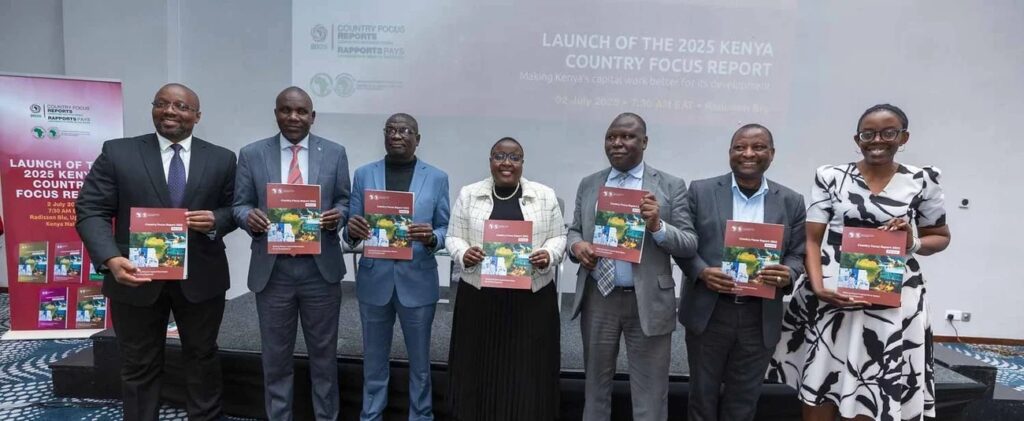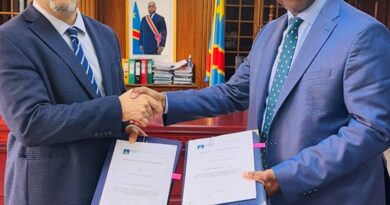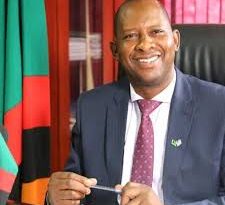AfDB Unveils Roadmap to Unlock Kenya’s Economic Potential Through Capital Reform
The African Development Bank Group (AfDB) has launched its 2025 Country Focus Report (CFR) for Kenya, presenting a comprehensive roadmap to unlock the country’s economic potential by reforming how it mobilizes and utilizes capital.
Launched under the theme “Making Kenya’s Capital Market Work Better for its Development,” the report urges a rethinking of strategies to harness fiscal, natural, business, financial, and human capital for inclusive and sustainable growth.
Despite macroeconomic headwinds, Kenya’s economy demonstrated resilience, recording 4.6% growth in 2024—above the global average of 3.3%. However, growth slowed due to weak industrial activity, low investment, and climate-related shocks. The CFR forecasts a rebound to 5.3% in 2025, driven by gains in agriculture, services, and the government’s Bottom-Up Economic Transformation Agenda.
Speaking at the launch, Dr. Kenrick Ayot, Senior Deputy Director at Kenya’s National Treasury, highlighted the government’s fiscal discipline and policy reforms, which helped reduce inflation to 3.8% in May 2025 from a high of 9.6% in 2022. The Kenya shilling also appreciated significantly over the same period.
However, the report warns of persistent structural challenges, such as declining natural capital, limited innovation, weak financial access, and human capital gaps. Caroline Ntumwa, AfDB’s Country Economist for Kenya, emphasized that without addressing these issues, growth potential will remain constrained.
AfDB East Africa Lead Economist George Kararach outlined practical reform recommendations: expand the tax base through informal sector integration and digital tax systems; enhance access to affordable credit and deepen capital markets; invest in natural capital and carbon market readiness; and align skills development with jobs in green growth, digital tech, and manufacturing.
The CFR advocates for a coordinated, inclusive strategy anchored in tax reform, institutional strengthening, and public-private partnerships.
A high-level panel discussion followed, with insights from Kenya’s Capital Markets Authority, National Chamber of Commerce, and Kenyatta University. Discussions touched on the role of diaspora remittances, MSME financing, education reform, and women’s empowerment in mobilizing Kenya’s capital for development.



